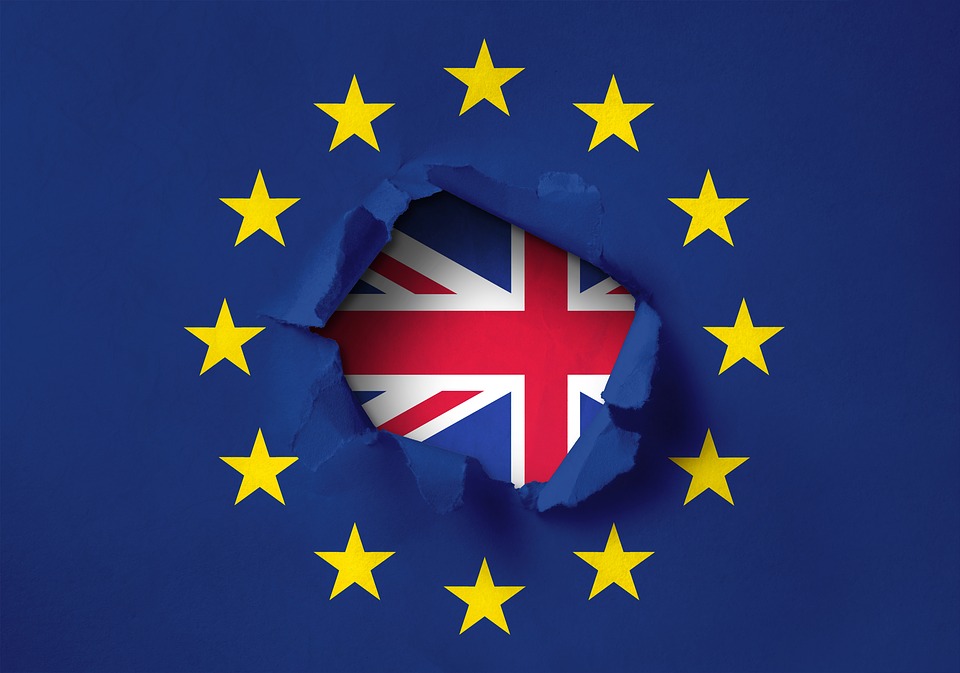The International Monetary Fund (IMF) has said the UK economy will grow by 1.5 per cent this year and next if there is a Brexit deal, in its latest assessment of the UK’s economic health.
The organisation said growth has been about 1.75 per cent in the two years since the UK voted to leave the European Union, moving the country from the top of the G7 growth tables to near the bottom.
The 1.5 per cent growth forecast matters to advisers because this is the figure Andy Haldane, the Bank of England’s chief economist, has said this the minimum level at which the central bank would begin putting interest rates up.
Mr Haldane regards 1.5 per cent as the trend, or normal, level of economic growth for the UK economy and at this level inflationary pressure should be muted. The two other conditions Mr Haldane said would need to be met for interest rates to rise were inflation above 2 per cent and real wage growth in the economy.
The IMF said there was limited scope for the UK economy to grow sharply if a Brexit deal was agreed because unemployment was already very low, as was the savings rate.
That data indicated, according to the IMF, the UK was already at close to its full potential.
Mr Haldane has said the reason the economy had not performed as the Bank of England had predicted since Brexit was that the change to the economy since the vote has been a “supply shock”, that is the supply of goods and services in the economy had become more expensive, rather than a “demand shock”, which is what happens when consumers and customers buy less.
A supply shock has a negative effect on the economy over the long-term, but the impact is gradual in each individual year so less noticeable to voters than a demand shock, which has an immediate and negative impact leading to lower domestic demand and higher unemployment in the shorter term.
The IMF said a no-deal Brexit would have “substantial costs” for the UK economy and the Bank of England’s stress tests projected the UK economy would have a situation impact to, but not worse than, the credit crunch of a decade ago.
Analysts at the Economist Intelligence Unit said they expected the UK economy to have slower growth next year than this, regardless of the outcome of the Brexit negotiations, due to the cloud of uncertainty which the negotiations had left hanging over the economy.
Jonathan Davis, an adviser at Jonathan Davis Wealth Management in Hertford, said Brexit was not part of his investment thinking.
Source: FT Adviser


